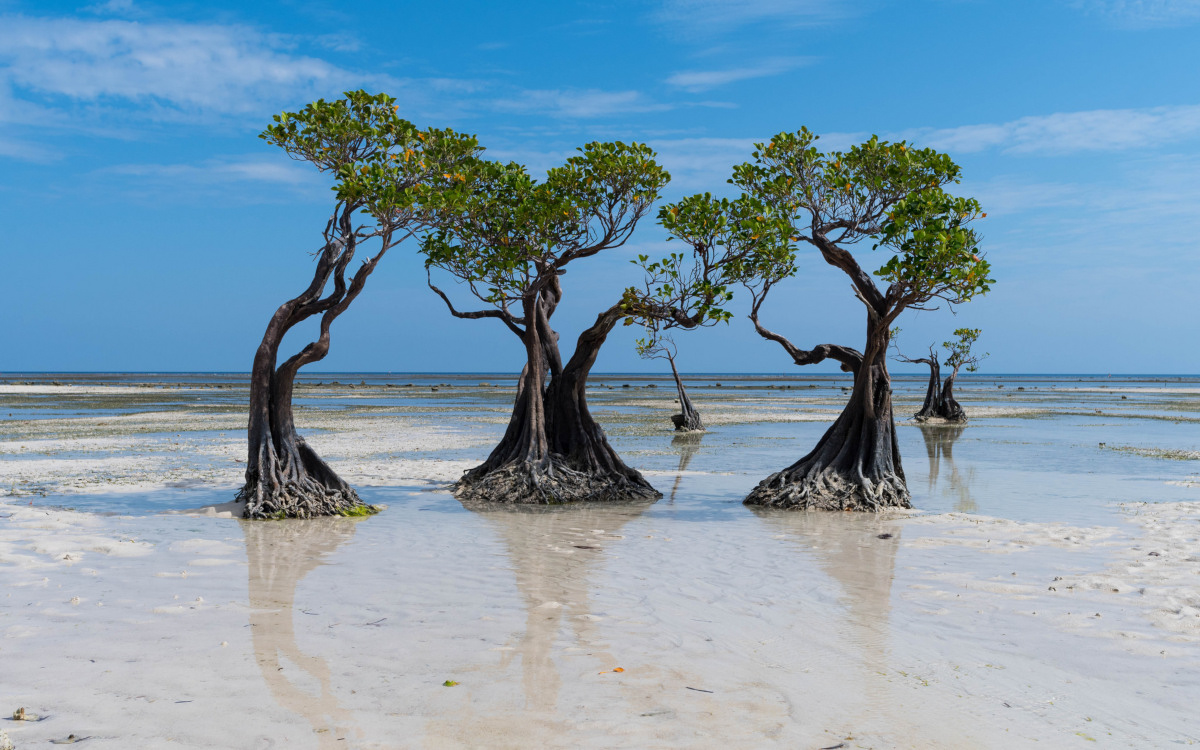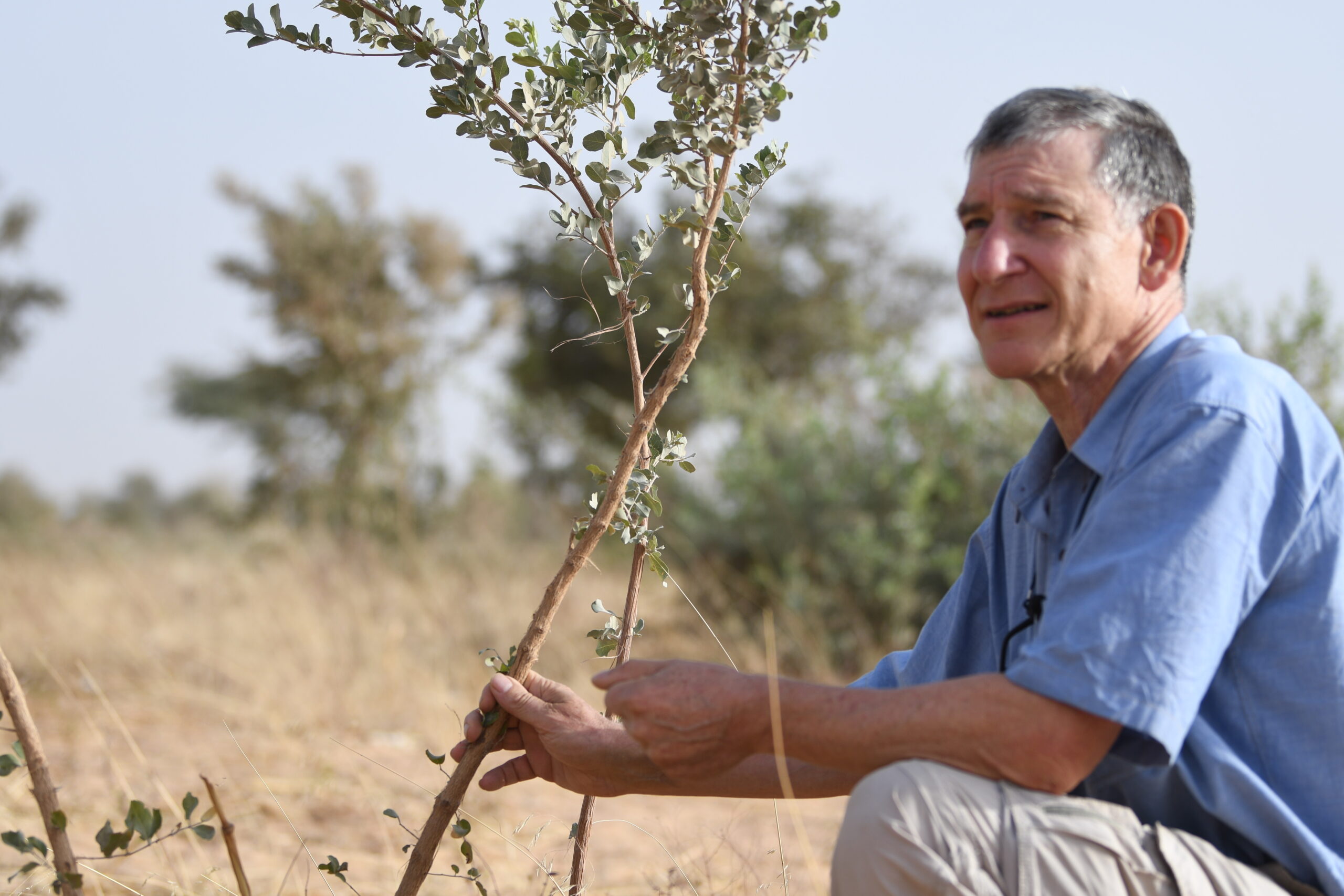Mangrove theology: Get stuck in and put down deep roots
First published on ‘Christian Today’, 14 Feb 2019 and in the CMS magazine ‘The Call’
When I was a young lad, Church Mission Society (CMS) had a young adults’ newsletter which I read avidly. The title of one article has stuck with me ever since: ‘Has God called you to stay where you are?’
At the time my family lived in a quiet Midlands village with a somewhat sleepy church, so the idea that mission meant travelling the world and seeing exciting, exotic places appealed greatly. By the time I reached my 30s I’d lived in over 20 different places, visited lots of countries, and God was saying something rather different to me.
I realized that all my hyper-mobility – missionary childhood, boarding school, studies, travel, jobseeking – had left me rootless, homeless and with nowhere to belong. I observed that the call to ‘Go!’ can be from God, but it can also be a way of escaping from responsibilities, seeking adventure for its own sake and avoiding the call to put down deep roots and be fruitful where God plants us.

Mangroves have deep roots (Photo by hds, licence CC BY)
The Bible passage that God spoke to me through was Jeremiah 29. The context is God’s people in exile in Babylon, a place they hated and wished to escape from. For Israel, this was god-forsaken enemy territory and they asked, ‘How shall we sing the Lord’s song in a strange land?’ (Psalm 137:4). God’s answer must have shocked and confused them. Instead of saying, ‘Don’t worry, you’ll be home soon’ or ‘Your home is in heaven, don’t focus on your surroundings,’ God told them to plant gardens, have sons and daughters, and pray and work for the peace and prosperity of ‘the city to which I have carried you’.
God calls his people to put down deep ecological, social, economic and spiritual roots wherever he’s placed them. If we only wait for the call to ‘Go’, we may neglect our gardens and allotments, our local relationships beyond our immediate support network and our socio-political involvement. But Jeremiah doesn’t give us that option.
God’s good news is for all creation
[tweet_box design=”default” float=”none”]For us today, Jeremiah 29:4–7 is nothing less than a manifesto for Christian engagement at the local level.[/tweet_box]
Jeremiah 29:4-7 is a word from God to the most mobile generation in human history, with hundreds of millions displaced by climate change, war and economic pressures while others jet around the world for weekend breaks and cruises, a generation that Zygmunt Bauman calls ‘vagabonds’ and ‘tourists’. Jeremiah 29 is the very definition of ‘integral mission’, of God’s call to his people not to limit the gospel to saving souls, but to see it as God’s good news for all people and all creation. This is a vision summarized in the Old Testament as ‘shalom’ – peace with God, self, neighbour and creation – and in the New Testament as ‘the Kingdom of God’ – Jesus’ Lordship over every area of life, society, culture and nature.
Jeremiah 29 defines ‘sustainable development’ over 2,600 years before the UN’s Sustainable Development Goals. Added to the three conventional pillars of balancing ecological (plant gardens), social (have families) and economic (the peace and prosperity of the city) needs, God reminds us that the spiritual dimension must never be lost (pray for the city).
We can make common cause with secular organisations and other faiths in tackling poverty and ecological challenges, but our vision is one of God’s glory over all the earth and every creature bowing in worship to Jesus Christ.
As I’ve prayed and reflected on Jeremiah 29, it has totally changed the way I relate to the place I live in. We’ve started to grow our own food and join with others in community allotments. I’ve helped set up a local Transition Towns group, working on practical issues such as community orchards and campaigns to reduce plastic and increase cycling locally. As local churches we’re involved in tackling homelessness, food poverty, debt and trying to keep our local politicians to account. Of course, the beating heart of all this is a worshipping, witnessing Christian community that prays weekly for God’s Kingdom to be earthed in its local area, as well as globally.
Of course, God does call people to ‘Go!’, to leave their comfort zone and follow him into the unknown. But, as I re-read the Scriptures, I see God’s call is usually to go and put down roots in a new place, not to wander in the wilderness. We are called to be fruitful, not parasitic, and you can’t be fruitful without roots.
A tree without roots
A Sikh friend once said to me, ‘A tree without roots damages all around it. It’s the same with a child.’ In my own travels, I keep being taken to the image of Christians as mangroves.
Across the tropics, mangroves are found at the borderline of fresh and salt water (church and world?). Their deep, intertwined root systems make them an effective shock-absorber against storms. There is a direct correlation between the worst-damaged areas from the 2004 tsunami and areas where mangroves had been removed.
Today’s storms are environmental, social, economic and political. Those with deep roots can resist the pull of the forces that cause chaos, and can provide sanctuary and hope. Mangroves are also nurseries for life, where fish, birds, crabs and many aspects of biodiversity flourish and grow. What a wonderful image for churches and Christian homes.
So, by all means ask, ‘Has God called me to stay where I am?’ But, while you’re waiting for the answer, and if you do go elsewhere, please get stuck in. Plant something and nurture it. Build for the future, even if you won’t see the results. Invest in lasting peace and prosperity – the well-being that comes from restored relationships in every dimension.
[tweet_dis]If you want to be fruitful, look after your roots.[/tweet_dis]
We are happy for our blogs to be used by third parties on condition that the author is cited and A Rocha International, arocha.org, is credited as the original source. We would be grateful if you could let us know if you have used our material, by emailing [email protected].



[…] uit het Engels door Jacolien Vreugdenhil – A Rocha […]
[…] “Across the tropics, mangroves are found at the borderline of fresh and salt water. Their deep, intertwined root systems make them an effective shock-absorber against storms. There is a direct correlation between the worst-damaged areas from the 2004 tsunami and areas where mangroves had been removed.” (Dr. Dave Bookless, A Rocha) […]
[…] „Überall in den Tropen finden sich Mangroven an der Grenze zwischen Süß- und Salzwasser. Ihre tiefen, miteinander verflochtenen Wurzelsysteme machen sie zu einem effektiven Stoßdämpfer gegen Stürme. Es besteht ein direkter Zusammenhang zwischen den am schlimmsten geschädigten Gebieten vom Tsunami 2004 und Gebieten, in denen Mangroven entfernt wurden.“ (Dr. Dave Bookless, A Rocha) […]